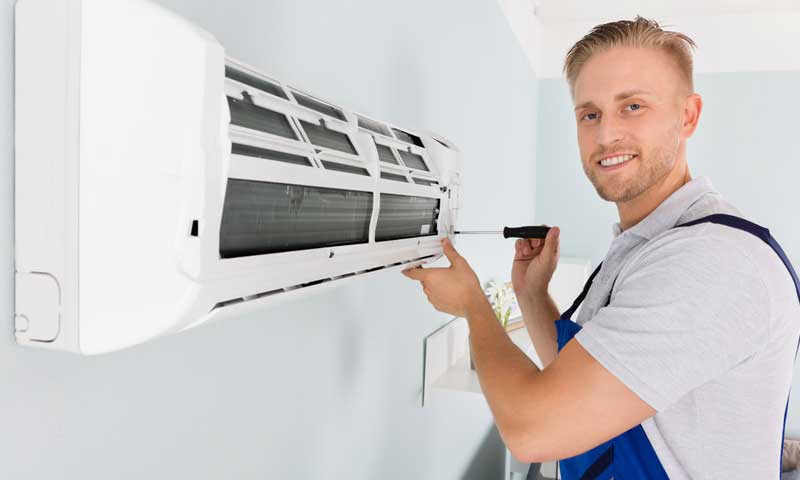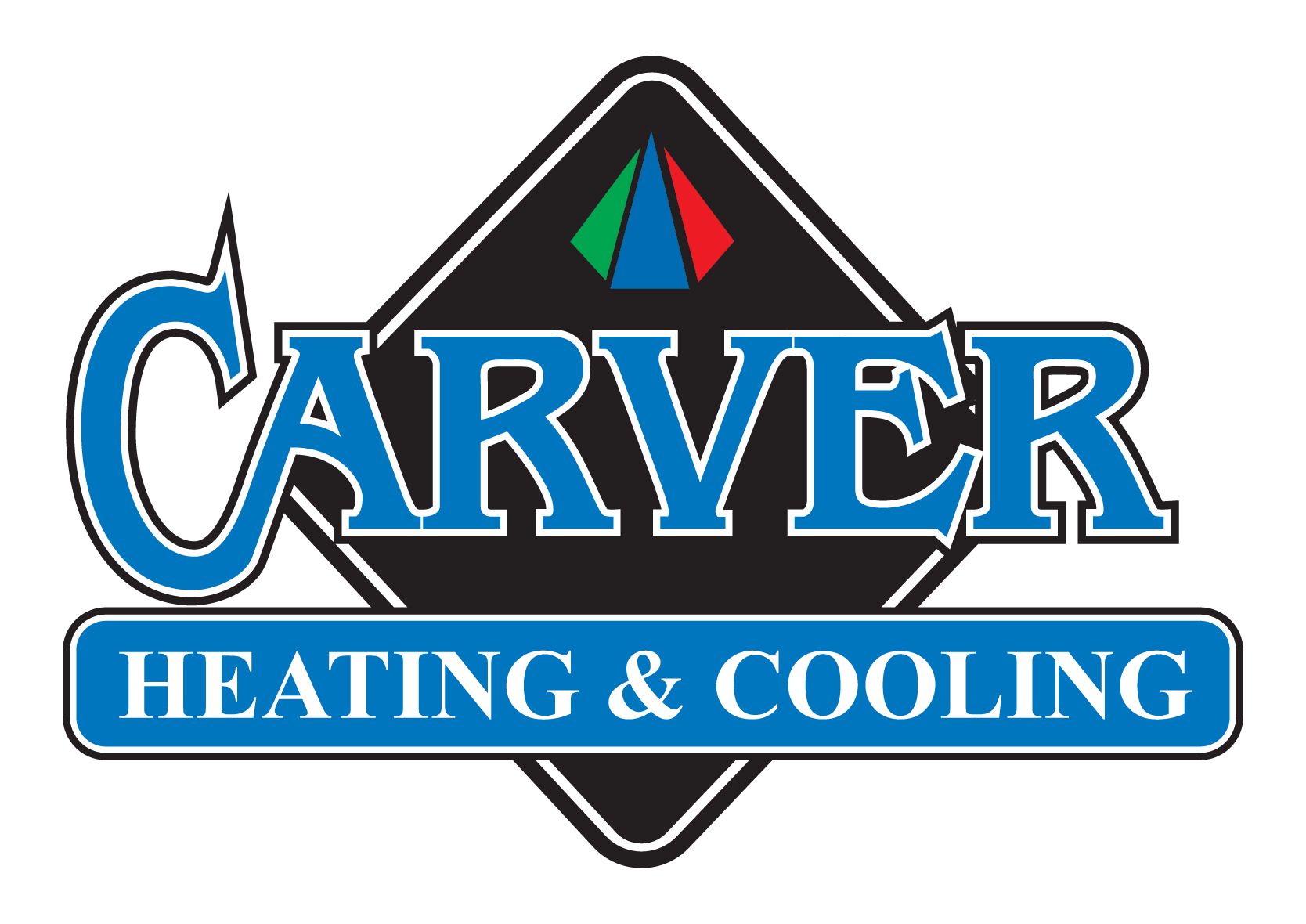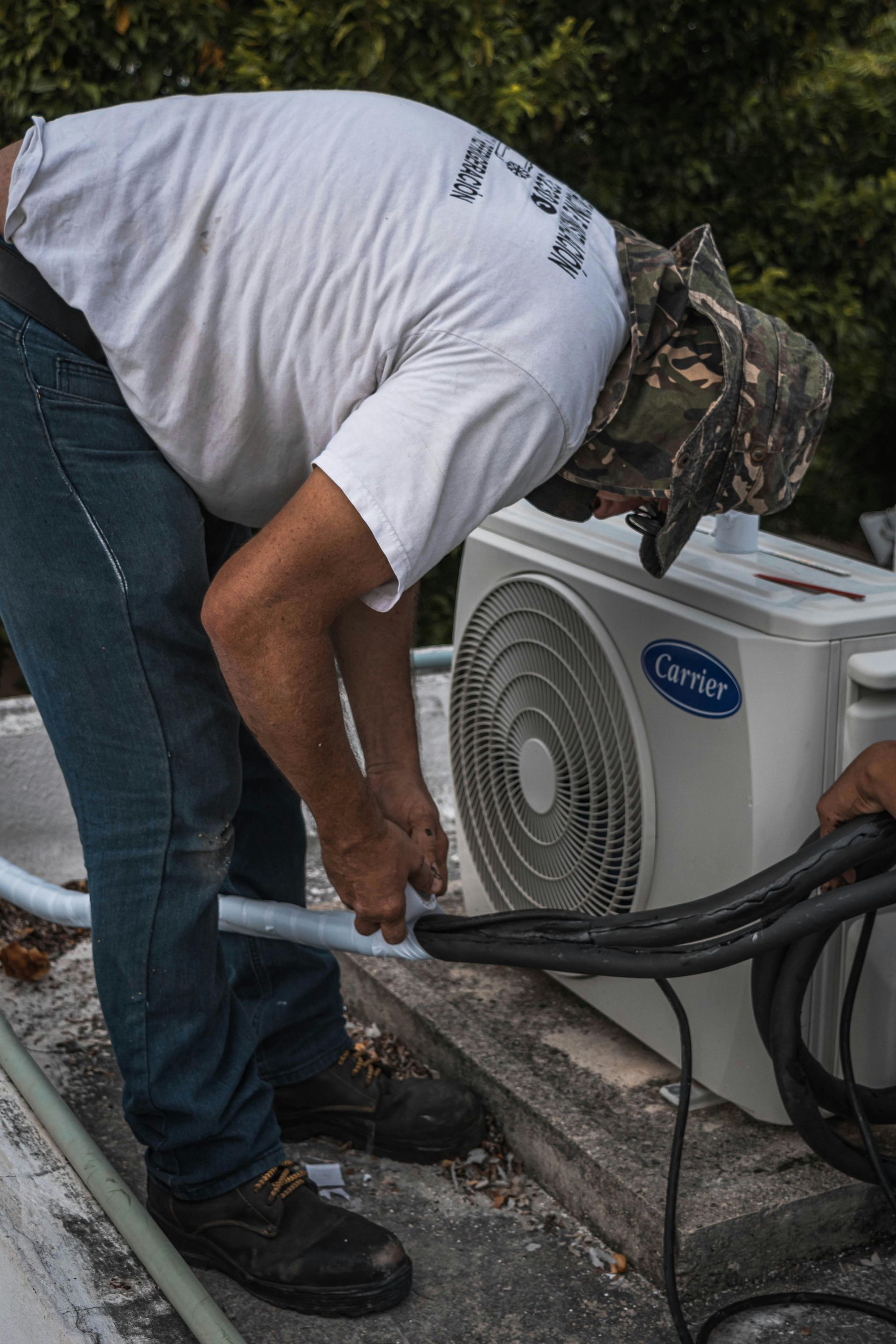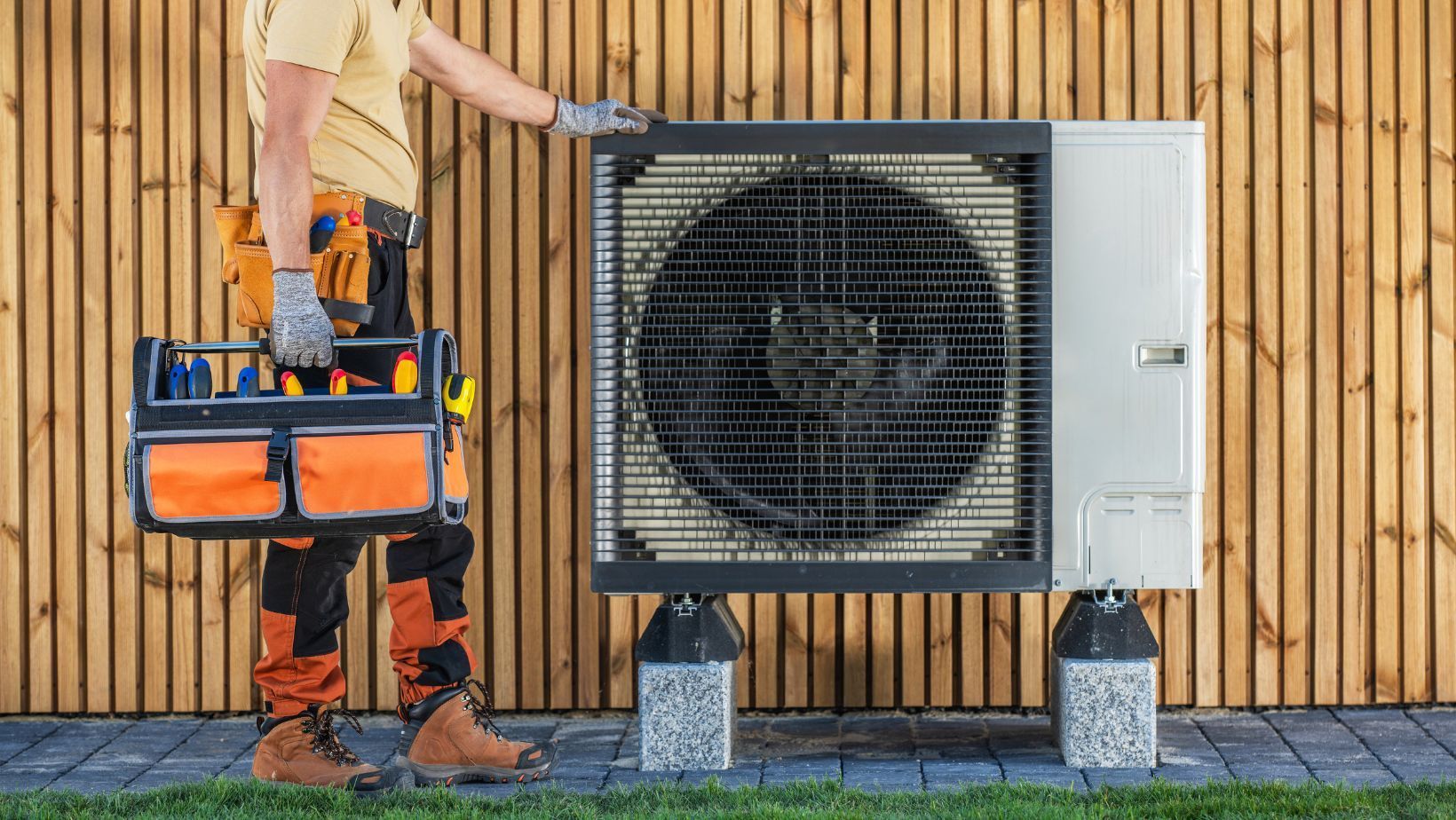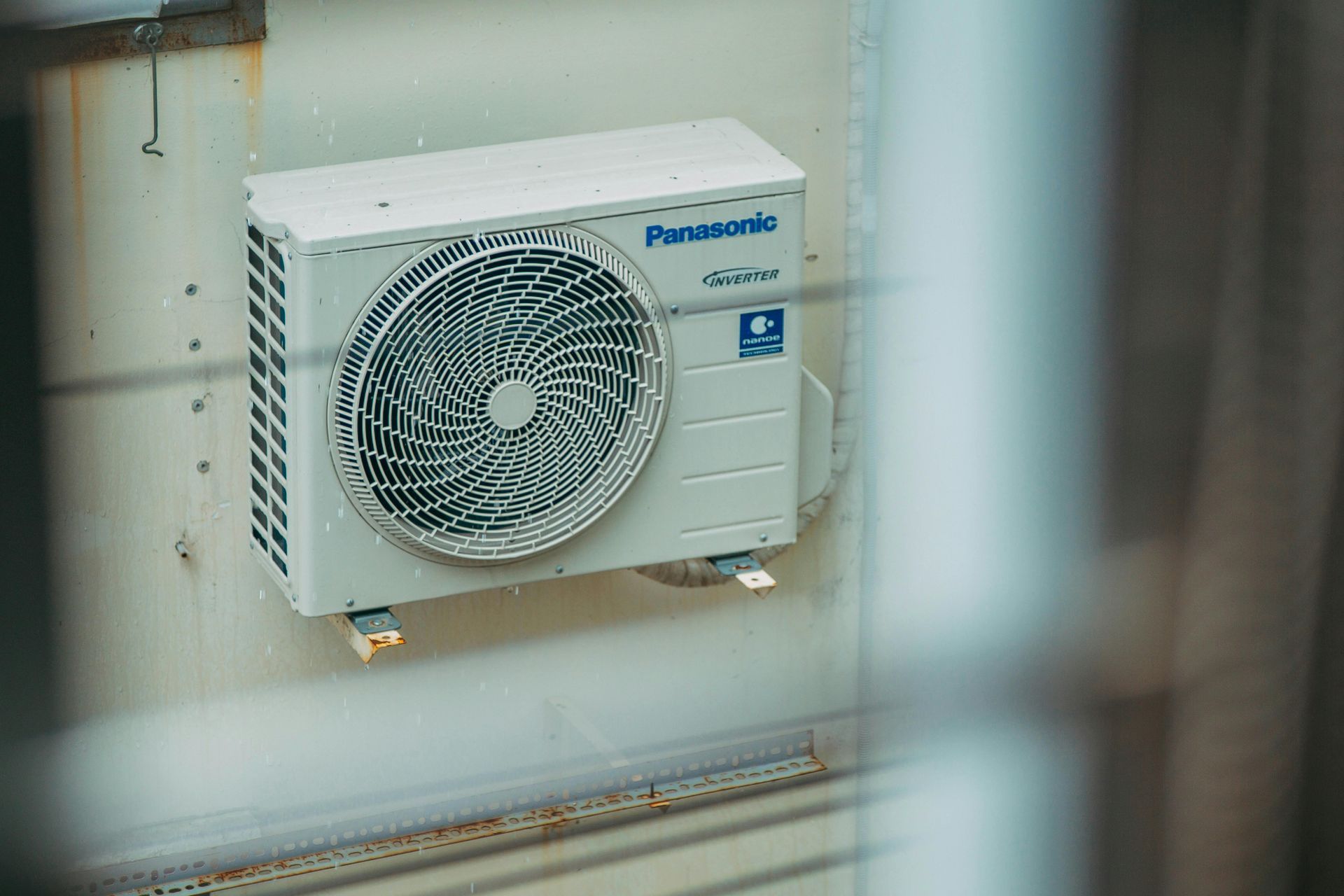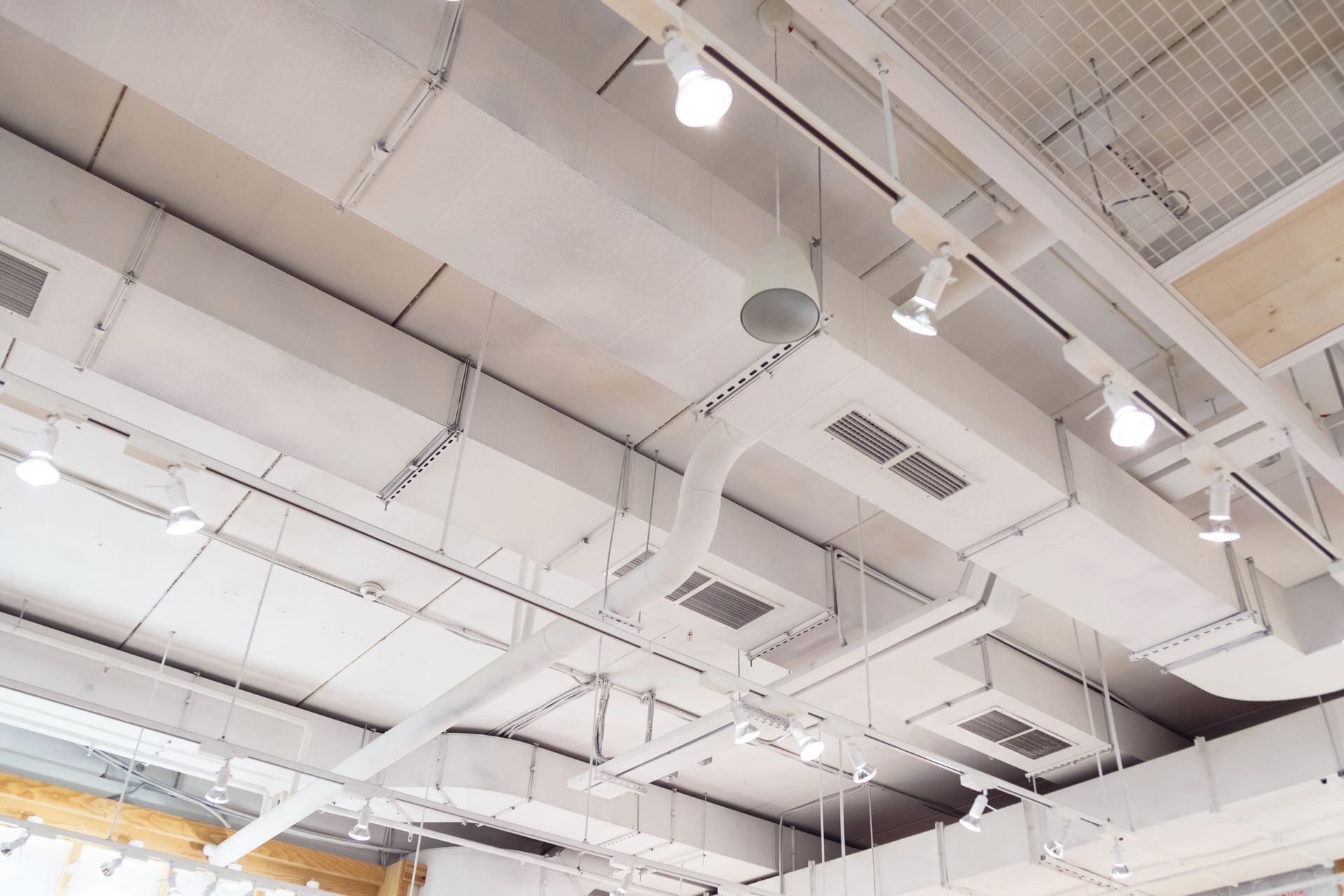From Heating to Airflow: What HVAC Stands For in London Homes
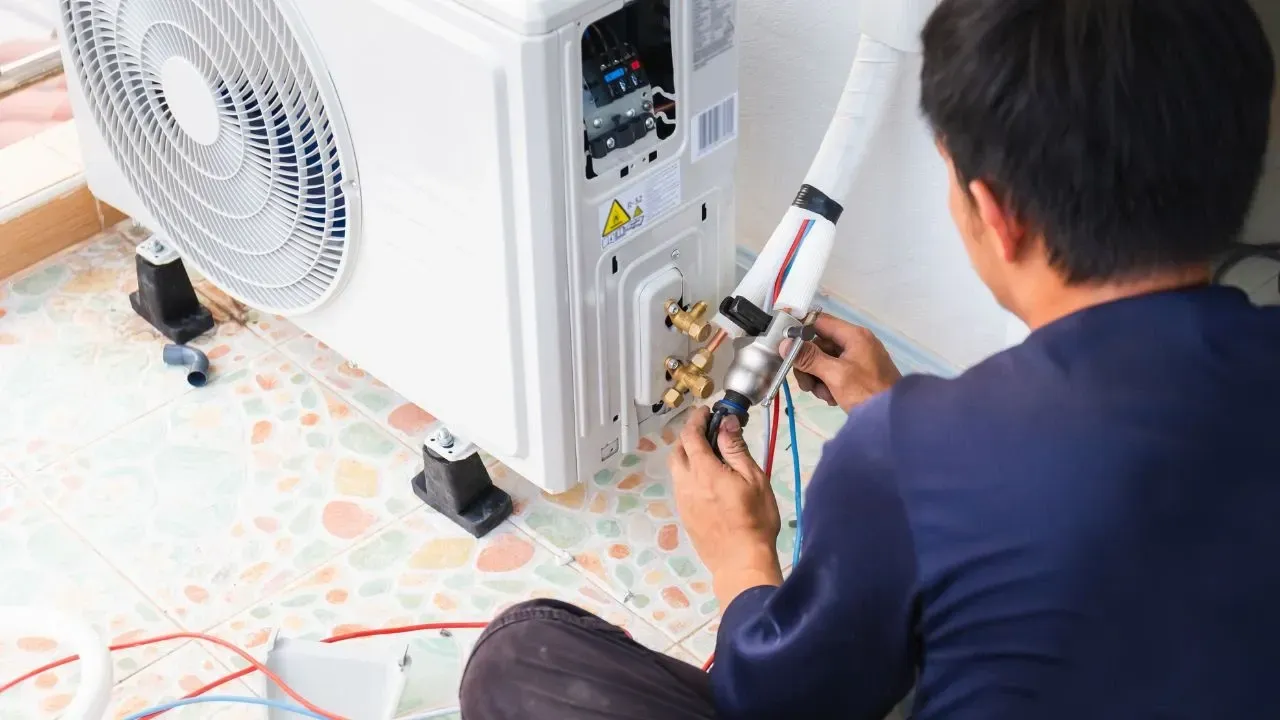
In casual conversation, you’ve probably heard people throw around the term “HVAC.” But what does it actually mean—and why should homeowners in London, Ontario care?
Whether you're building a new home, upgrading an outdated unit, or simply trying to cut down on energy bills, understanding what HVAC stands for is key. HVAC isn’t a single device. It’s a network of systems working together to control temperature, air quality, and airflow.
This blog takes a deep dive into each component and explains how they come together to keep your home safe and comfortable—especially in a climate like London’s, where HVAC systems get a serious workout.
Key Takeaways
- HVAC stands for Heating, Ventilation, and Air Conditioning.
- Each function is essential for year-round home comfort in London.
- Understanding what HVAC stands for helps with smart maintenance and energy decisions.
- Local knowledge matters when choosing and maintaining your system.
- Carver Sheet Metal offers HVAC expertise and service for homes near London, Ontario.
Overview
Homeowners across London, Ontario know that weather here can be unpredictable. From frigid winters to sweltering summer days, indoor comfort isn't just a luxury—it's essential. That’s where your HVAC system comes in. But do you actually know what HVAC stands for and how each component affects your home’s comfort and air quality? This blog unpacks it all—from heating to ventilation to cooling—and why local expertise matters.
What HVAC Stands For: A Full Breakdown
Heating
Heating systems are essential in Ontario’s cold winters. This typically involves a furnace or heat pump, which generates warm air and distributes it throughout your home.
In London, most households rely on gas furnaces because they’re efficient and capable of heating large spaces quickly. These systems use a blower motor to push heated air through a network of ducts and vents.
Without a properly functioning heating system, not only does your comfort suffer, but you also risk frozen pipes and long-term structural issues.
Ventilation
The “V” in HVAC often gets overlooked, but it’s just as important as heating and cooling. Ventilation ensures that stale air is replaced with fresh air and that moisture, allergens, and pollutants are removed.
In today’s energy-efficient homes—where doors and windows are tightly sealed—ventilation plays a critical role in indoor air quality. It also helps control humidity, especially in London’s damp spring and fall months.
Typical ventilation systems include:
- Exhaust fans
- Heat recovery ventilators (HRVs)
- Ductwork and return vents
Air Conditioning
During hot, humid summers, your air conditioner kicks in to cool your indoor air. It removes heat and excess moisture, making your home more comfortable.
The main components include:
- Evaporator coil (inside): Absorbs heat from indoor air.
- Condenser coil (outside): Releases that heat outdoors.
- Compressor: Moves refrigerant between coils.
Together, they cool and circulate air throughout your home using the same ductwork as your furnace.
Why Homes in London, Ontario Need Efficient HVAC Systems
London, Ontario's weather puts HVAC systems to the test. You need heating in the winter, cooling in the summer, and ventilation all year round.
Failing to address any part of the HVAC equation can lead to:
- High energy bills
- Uneven temperatures
- Indoor air pollution
- Humidity issues
Understanding what HVAC stands for empowers you to make better decisions—whether you're replacing a furnace, upgrading insulation, or calling for seasonal maintenance.
Energy Efficiency and HVAC Design
An efficient HVAC system doesn’t just keep you comfortable—it saves you money. Key features that affect efficiency include:
- SEER rating (for air conditioners)
- AFUE rating (for furnaces)
- Thermostat type (manual, programmable, or smart)
- Duct sealing and insulation
Energy-efficient HVAC systems reduce environmental impact and minimize wear-and-tear, which can extend the life of your equipment.
Common HVAC Problems in London Homes
If you've noticed inconsistent airflow, rising energy costs, or odd noises coming from your vents, your HVAC system may be under strain. Common issues include:
- Dirty air filters restricting airflow
- Leaky ducts reducing efficiency
- Faulty thermostats mismanaging system cycles
- Ignition or pilot light problems in furnaces
Routine checkups can catch these problems early—and that’s where local professionals come in.
Upgrading to a high-efficiency model or smart thermostat can lead to noticeable savings, especially in energy-conscious communities like London, Ontario.
Why Professional HVAC Service Matters
YouTube might offer DIY tutorials, but HVAC work requires proper training. Professional service prevents:
- Electrical and gas hazards
- Misdiagnosed problems
- Warranty voids
- Poor system performance
Professionals know what HVAC stands for, but more importantly, they know how to diagnose and correct issues before they turn into costly repairs.
Looking for someone who truly understands local HVAC needs? Turn to Carver Sheet Metal, located right here near London, Ontario.
📍 Address: 1245 Sunningdale Road E, London, ON
📞 Phone: (519) 555-3821
From installation to routine maintenance, their team has the knowledge and hands-on experience to optimize your HVAC system for performance and safety. They’ll help you understand what HVAC stands for in real-world terms—and why each component matters in your home.
Conclusion
HVAC may be a three-letter word, but it covers a lot of ground. For homeowners in London, Ontario, understanding what HVAC stands for is the first step toward a more comfortable, efficient, and healthier home.
Whether you’re replacing old equipment or just want to improve your indoor air quality, professional guidance can make all the difference.
FAQs
Q: What does HVAC stand for?
A: Heating, Ventilation, and Air Conditioning.
Q: Do I need all three components in my home?
A: Yes. They work together to control temperature, humidity, and air quality.
Q: How often should my HVAC system be inspected?
A: Ideally once a year—before the cold and again before the heat.
Q: Is ventilation really that important?
A: Absolutely. It controls humidity and removes indoor pollutants.
